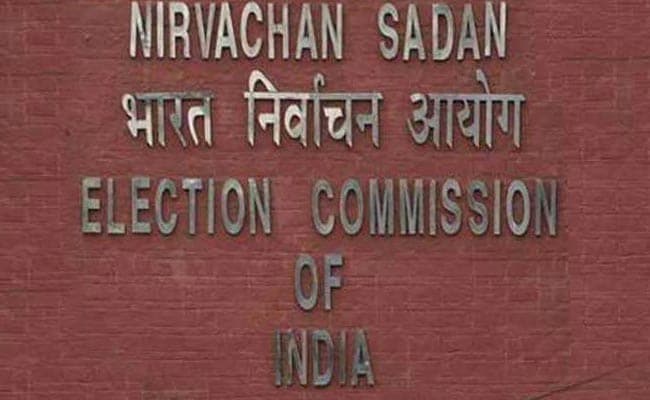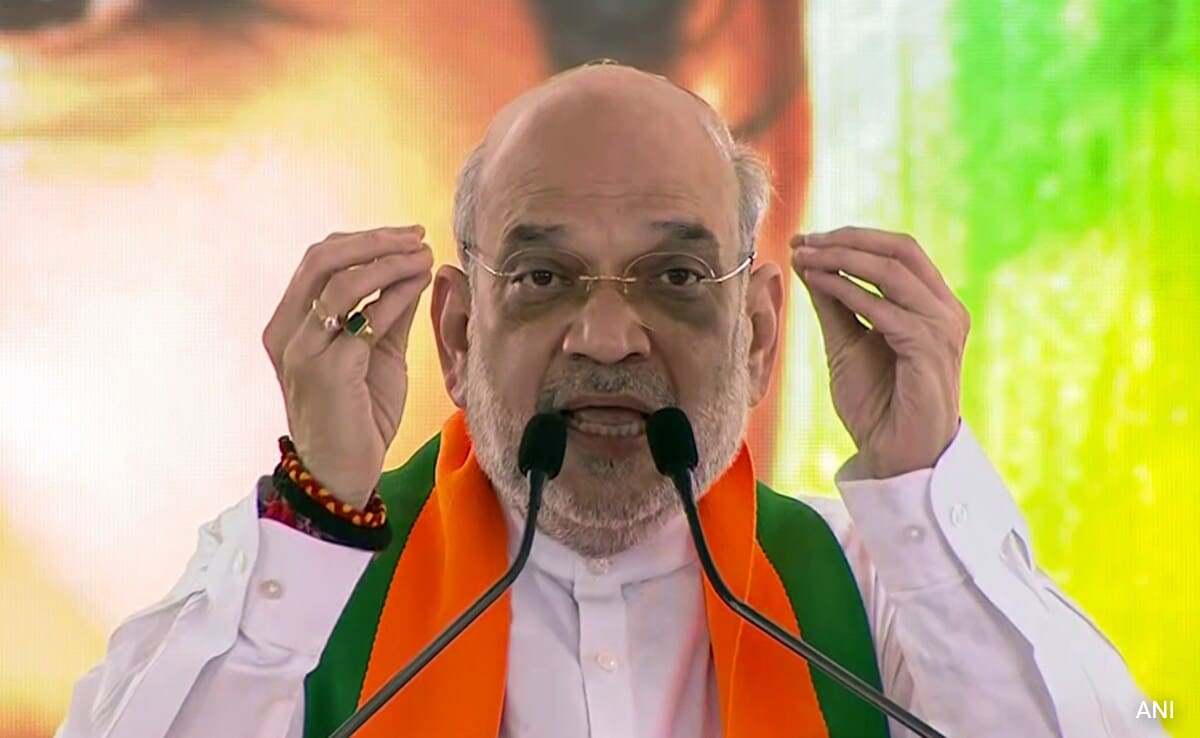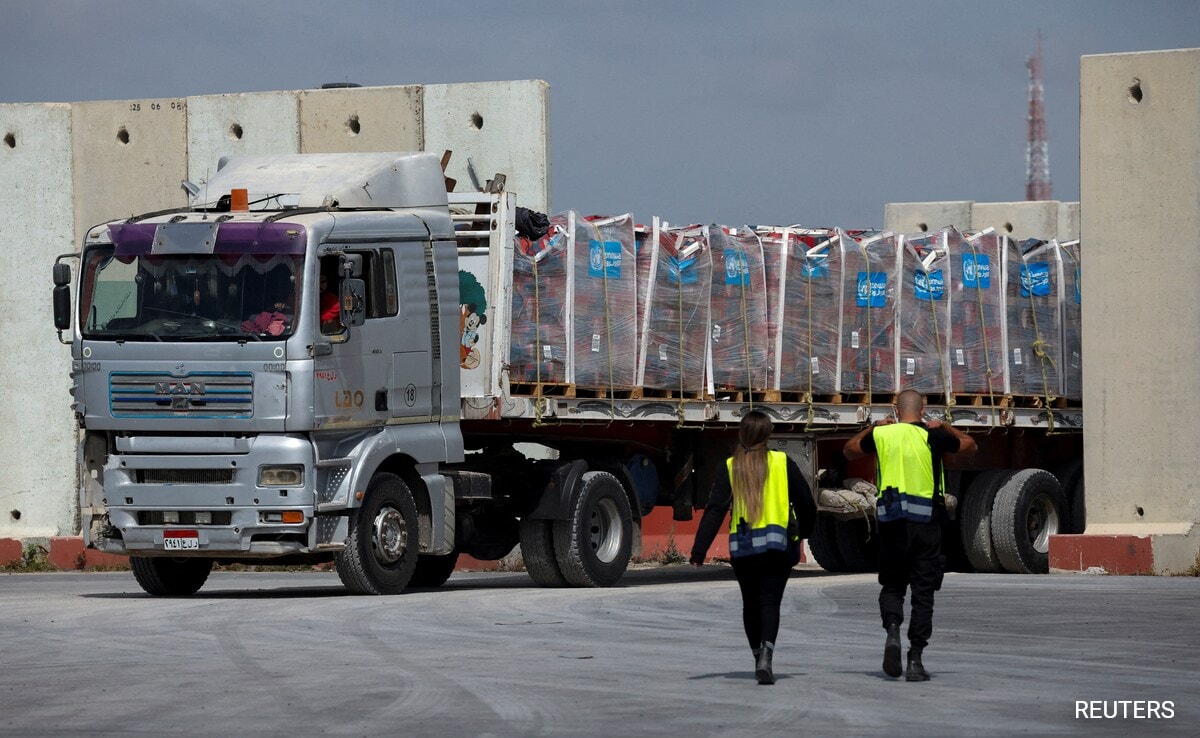
Avoiding single-use plastics, minimizing paper usage, using eco-friendly vehicles and carpooling are part of the instructions issued by the Election Commission to poll bodies and political parties ahead of the Lok Sabha polls to ensure “sustainable elections”.
Chief Election Commissioner Rajiv Kumar said the Election Commission of India (ECI) is very sensitive about environmentally sustainable elections. “In order to achieve sustainable or eco-friendly elections, efforts are being made to minimize the use of single-use plastics and encourage eco-friendly practices during the electoral process. A set of waste management directives have been issued to polling bodies and political parties to maximize significantly reduce paper usage and reduce carbon footprint,” Mr Kumar said while announcing the schedule for the Lok Sabha polls at a press conference on Saturday.
The committee has directed to avoid the use of single-use plastics completely, ensure there are separate collection bins for each type of waste, appropriate signage and appropriate disposal facilities, work with local waste management and recycling facilities, and minimize the use of single-use plastics in electoral rolls and election materials. The use of paper ensures double-sided printing and layout optimization, and electronic modes of communication are encouraged.
It also urges officials and political parties to reduce their carbon footprint by encouraging carpooling and the use of public transport during campaigns and elections, using renewable energy at campaign events and consolidating polling locations to reduce travel distances for officials and voters.
Polling for the 543 Lok Sabha seats will be held in seven phases, with the first phase for 102 seats starting on April 19. Counting of votes will take place on June 4.
In August 2023, ahead of parliamentary elections in five states, the Election Commission expressed concerns about the environmental risks posed by the use of non-biodegradable materials in campaigning and urged political parties to avoid using plastic and polythene for posters and banners.
As part of instructions issued in February 2019, the poll panel said that much of the campaign material, including posters, cutouts, hoardings and banners, were made of plastic and would be discarded once the polls were over. “Such single-use plastic waste generated during events is not collected, resulting in blockage of drainage and river systems, ingestion by stray animals… adverse impacts on human health and the environment,” the report states.
The Electoral Commission warned that some of these plastics are based on polyvinyl chloride (PVC), which produces toxic emissions when burned. “There are many alternatives to the use of plastics in campaign materials, such as compostable plastics, natural fabrics and recycled paper materials, which have a lower environmental impact. Such materials need to be promoted as sustainable and environmentally sound management practices ,”it says.
While the Electoral Commission has been pushing for eco-friendly polls, there have been successful experiments across the globe. In 2019, the Sri Lanka People’s Party (SLPP) launched the world’s first carbon-sensitive environmental campaign. It measures the carbon emissions from vehicles and electricity used during political campaigns and offsets emissions by planting trees in each area through public participation.
Estonia has laid the groundwork for digital voting as an alternative to online voting, which also encourages voter participation. The approach suggests that digital voting combined with strong security measures is both environmentally friendly and beneficial to voters.
In India, during the 2019 general elections, the Kerala State Election Commission urged political parties to avoid using single-use plastic materials while campaigning. Subsequently, the Kerala High Court banned the use of flexible and non-biodegradable materials in election campaigns, with wall graffiti and paper posters becoming alternative materials.
Government agencies are working with the Thiruvananthapuram district administration to ensure green elections and conduct training sessions in villages for election staff. In 2022, the Goa State Biodiversity Commission set up eco-friendly election booths for the assembly elections using biodegradable materials made by local artisans.
(Except for the headline, this story has not been edited by NDTV staff and is published from a syndicated feed.)
wait reply load…
Follow us on Google news ,Twitter , and Join Whatsapp Group of thelocalreport.in
















